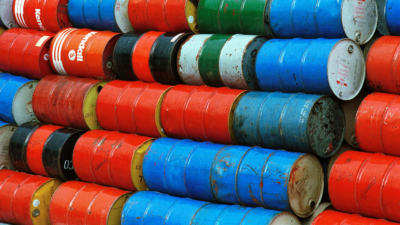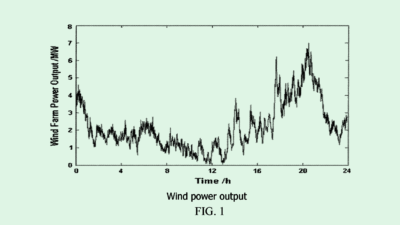Oil and Corn Companies Team Up to Challenge EPA
Dozens of oil and plant-based fuel companies are joining forces to mount a legal war against the EPA’s new emissions standards.

Sign up for smart news, insights, and analysis on the biggest financial stories of the day.
Keep your friends close, your enemies closer, and your lawyers on speed dial.
On Thursday, dozens of players in both the petroleum and plant-based fuel industries — typically arch-rivals — joined forces to mount a legal war against the Environmental Protection Agency over new emissions standards they say unfairly funnel consumers toward electric vehicles.
Strange Bedfellows
The Biden administration has provided billions in incentives for both EV producers and consumers via the 2022 Inflation Reduction Act. Both sides of the incentive equation have borne some fruit. On Wednesday, the US Treasury Department announced that EV buyers have already saved $1 billion this year thanks to upfront tax credits worth as much as $7,500 per vehicle. Meanwhile, according to a Natural Resources Defense Council analysis seen by Bloomberg, producers have invested nearly $180 billion in EV and battery manufacturing plants.
That’s the carrot, here’s the stick: The EPA — tasked with slashing the nation’s greenhouse gas emissions by half by 2030, as agreed to in the 2015 Paris Climate Accords — in March unveiled vastly stricter tailpipe emissions standards. Under the new rules, all cars of the model year 2032 must perform under a CO2 cap of 85 grams per mile, which some say is nearly impossible for most gas or diesel-burning cars. Alas, new regulations rarely go down easy, and this time they’ve turned enemies into friends:
- Per the EPA’s own modeling, the new emissions standards are so stringent that they could compel auto companies to reorient their efforts and have battery-electric vehicles make up over half of sales in the near future.
- Three separate complaints filed Thursday by dozens of petroleum and plant-based fuel companies, trade associations, and allied fuel marketers and auto dealers, accused the EPA of regulatory overreach.
“Congress has not authorized EPA to effectively ban the sale of new gas and diesel cars and overhaul the US economy in such a major way,” Chet Thompson, president of the refiner trade association American Fuel and Petrochemical Manufacturers, told Bloomberg.
Oversupply Chain Management: It’s no surprise that the legal knives have been drawn. According to a report published Wednesday by the International Energy Agency, the world is set to witness a massive surplus in oil by 2030. That’s due in part to a massive reinvestment in production despite an expected peak in global demand before the end of the decade. “It is time for many producers to look at their business plans, in my view,” IEA director Fatih Birol told the Financial Times. But first, they called in the lawyers.











